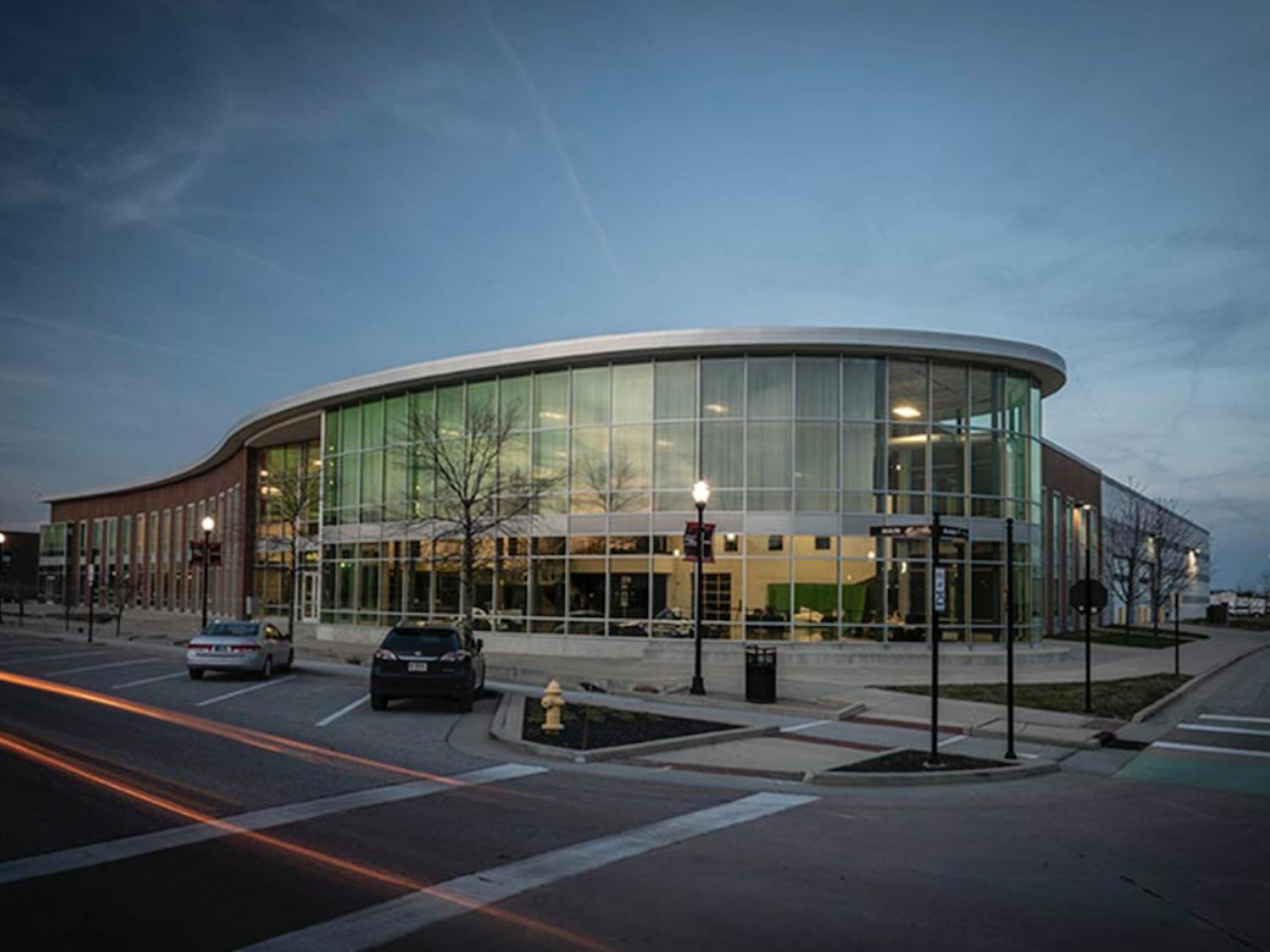The USG recently passed a resolution stating that it is in favor of IUPUI potentially becoming a sanctuary campus, but does not formally make IUPUI a sanctuary campus.
By Paris Garnier

It’s no secret that undocumented students attend IUPUI. But with the ever-shifting nature of the federal government, that fact has never felt quite so dangerous.
On Feb. 17, after three rounds on the senate floor, USG voted to approve the resolution that supports IUPUI being a sanctuary campus for undocumented students.
Umaymah Mohammad, the USG director of initiatives, and Delta Peeler, the LGBTQ Student Alliance representative, coauthored the resolution.
What began as an attempt to shed light on the mistreatment of Palestinian children and develop scholarships for refugees quickly snowballed into advocacy for marginalized groups with an emphasis on undocumented students. Mohammad started developing the “call to action” chunk last semester and shifted gears after the presidential election. Peeler initially asked for Mohammad for advice drafting legislation before the two started collaborating.
“If I’m in a place where I can change something and I'm not changing something, then why am i there?” Peeler said. “I saw that I had the ability to do something.”
Mohammad described “a lot of pushback from every single step,” starting when she brought the idea to the executive board. But she and Peeler finished the draft and pushed it into the senate.
For its first appearance, the draft was tabled because it hadn’t gone through the oversight committee properly and mechanical errors remained. It was again presented to be discussed, and one more time for its final vote, when it was approved.
But before the senate agreed, it was split.
The phrase “sanctuary campus” itself was a major point of contention, as it's hot-button nature caused concern. Some thought should have been replaced with another term, especially with Senate Bill 423looming overhead, which would prohibit all colleges in Indiana from being sanctuary campuses.
“That would take away the power of what this means--the power of using this terminology which stands for undocumented people,” Mohammad said. And the words “sanctuary campus” remained.
Other issues brought forth in the debates included confusion about the resolution being an official sanctuary campus statement, which it was not, and the potential danger undocumented students would face if they came forward because of the resolution.
“It was kind of a mess, but it got progressively less messy,” Peeler said.
Guadalupe Pimentel testified on behalf of the resolution, representing the Indiana Undocumented Youth Alliance (IUYA). As an undocumented student attending IUPUI, she wanted to dispel the idea that the resolution put undocumented students in danger and defy the negative rhetoric surrounding immigrants.

“I think it’s important to put a face to a story because if people are consuming this information 24/7, that’s all you’ll think of when you hear this,” she said, specifically citing President Trump’s statements that Mexican immigrants are criminals and rapists.
Pimentel explained that even though the resolution is not an official sanctuary declaration, it is a comfort to students like her. She cited SB 423 and Mitt Romney’s “attrition through enforcement” (also called “self-deportation”) strategy as ways to force immigrants to leave on their own and that the student support mattered.
“Clearly, we’re not welcomed here,” she said. “It’s showing that [the USG], in a way, have our back. They support undocumented students, and that helps especially in such a climate.”
On the side against the resolution stand those like Michael Thompson, USG’s current vice president, who was not keen on the resolution’s creation. He said that because most of the points in the resolution already exist, like that IUPUI wouldn’t release students’ private information to the federal government anyway, it was simply a moral victory with excessive debate over language choice.
“I understand it was important for those it affected. The question that a few of us eventually coalesced was ‘Is there a way to get this moral victory without using the term sanctuary campus?’” he said. “That ended up being the brass tax of it all.”
Thompson explained that while he did not personally like the resolution, he would fulfill his duty as vice president and give his official support. He expressed concern that the resolution could impact the future of USG and IUPUI, citing the rapid movement of the Trump administration and previous threats to remove funding from public universities.
“I don’t trust this president to not do what he said he’s gonna do.”
But for Mohammad and Peeler, this resolution was about accountability and support for marginalized populations across campus.
“We kept trying to emphasize that this is just a statement of support for undocumented students,” Mohammad said. “What it’s supposed to do is hold us as a student body and as student representatives accountable for protecting people we’re supposed to be representing.”
As a satellite campus, IUPUI cannot independently declare sanctuary status. But Mohammad, Peeler, and their supporters do not plan on quitting anytime soon.
A Sanctuary, at Least in Spirit

Heads up! This article was imported from a previous version of The Campus Citizen. If you notice any issues, please let us know.
Michael Thompson, photo from USG's site




